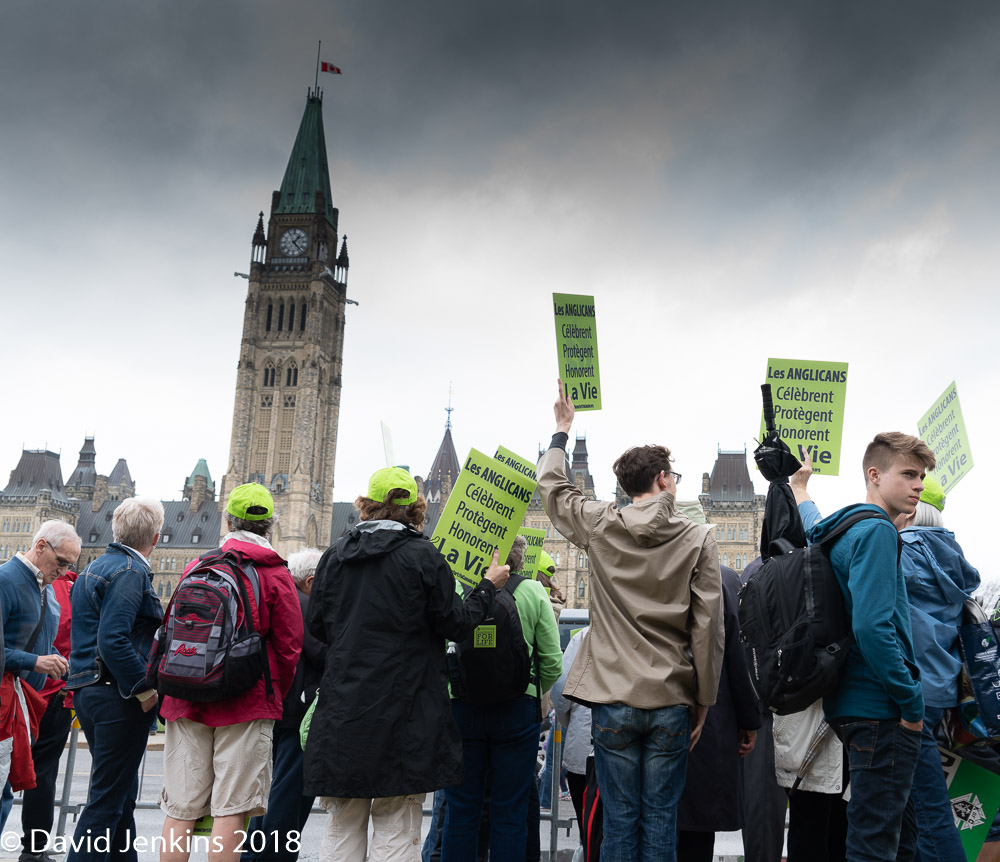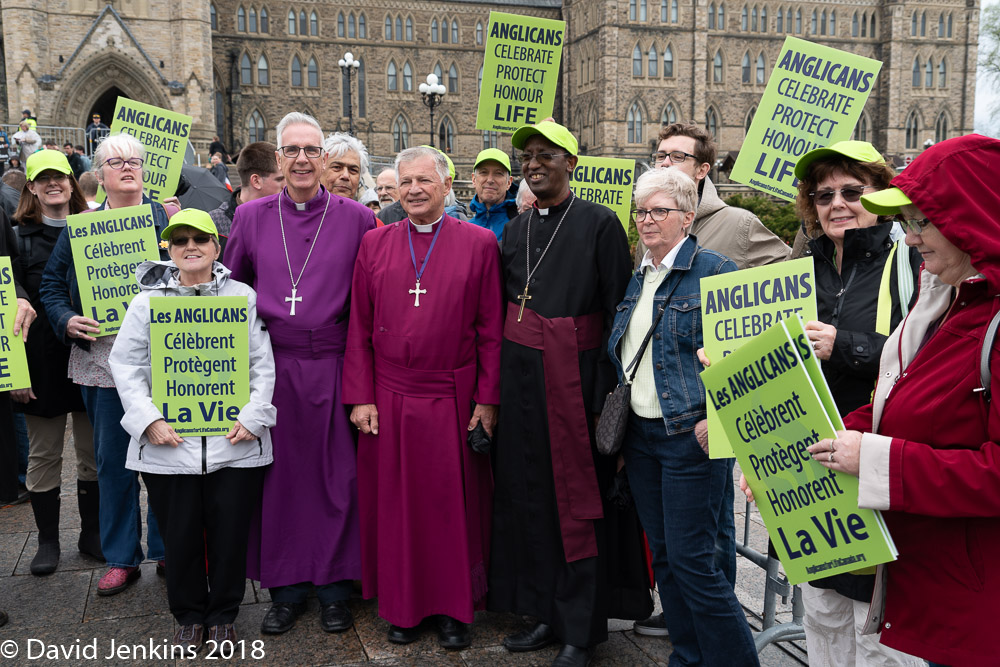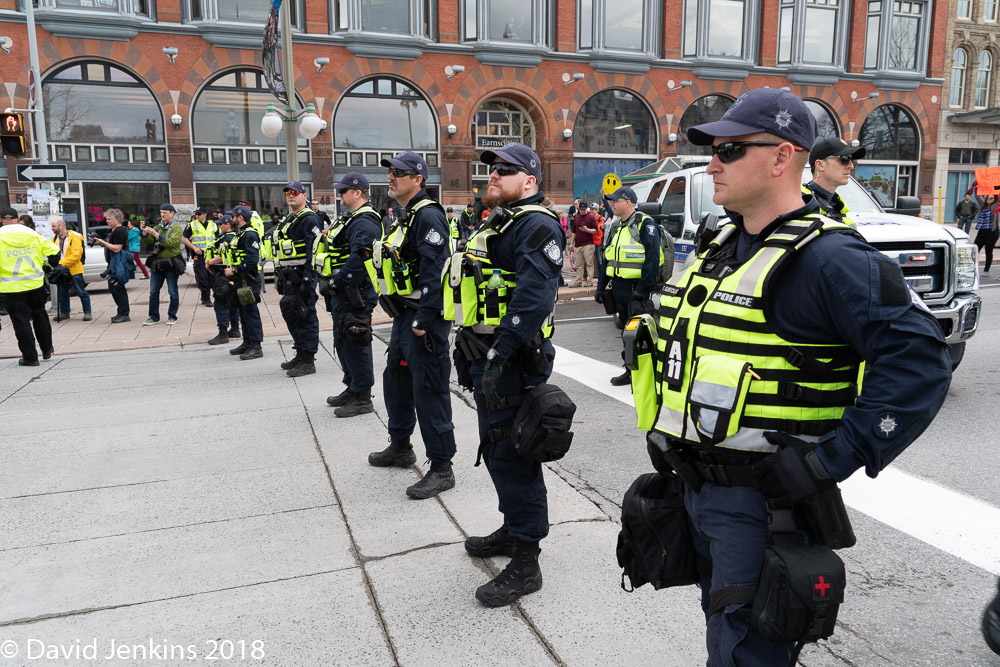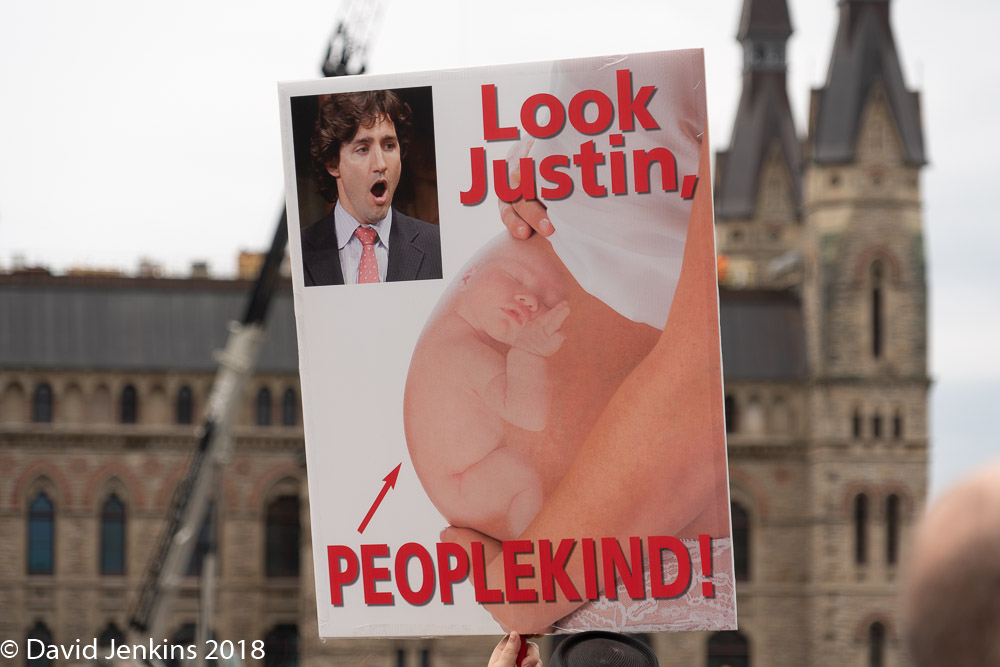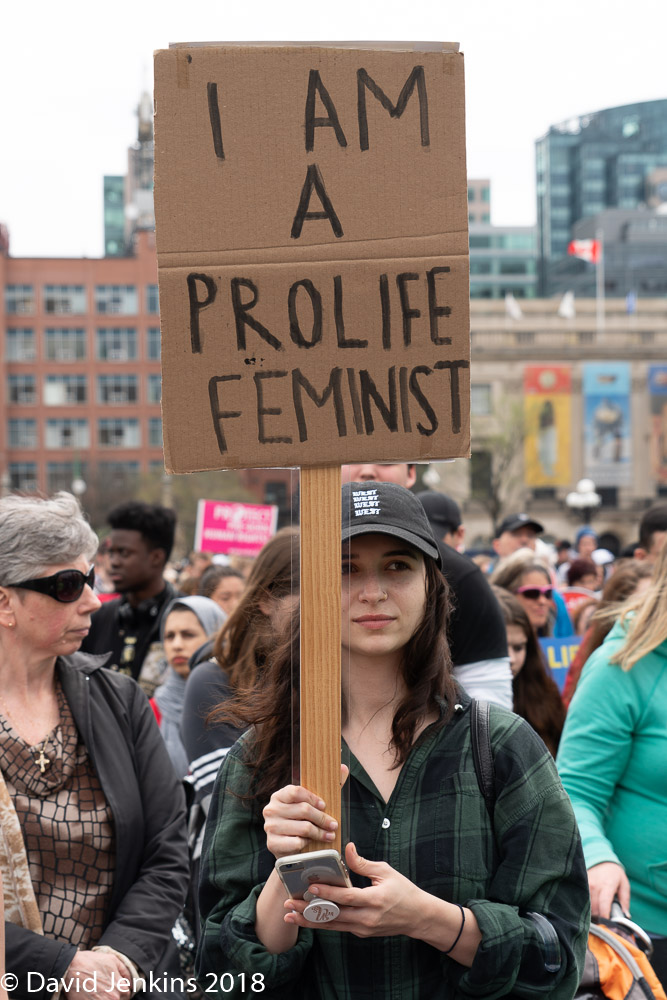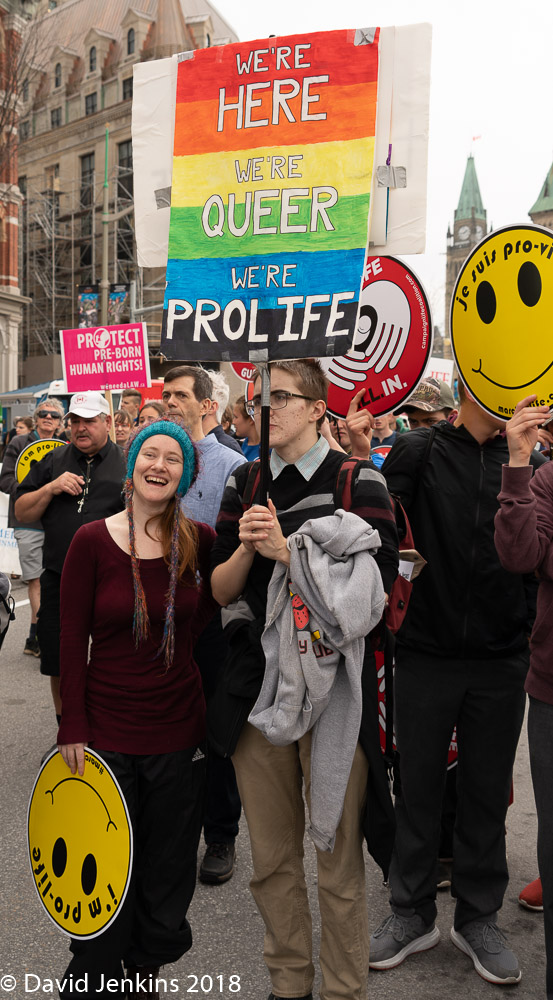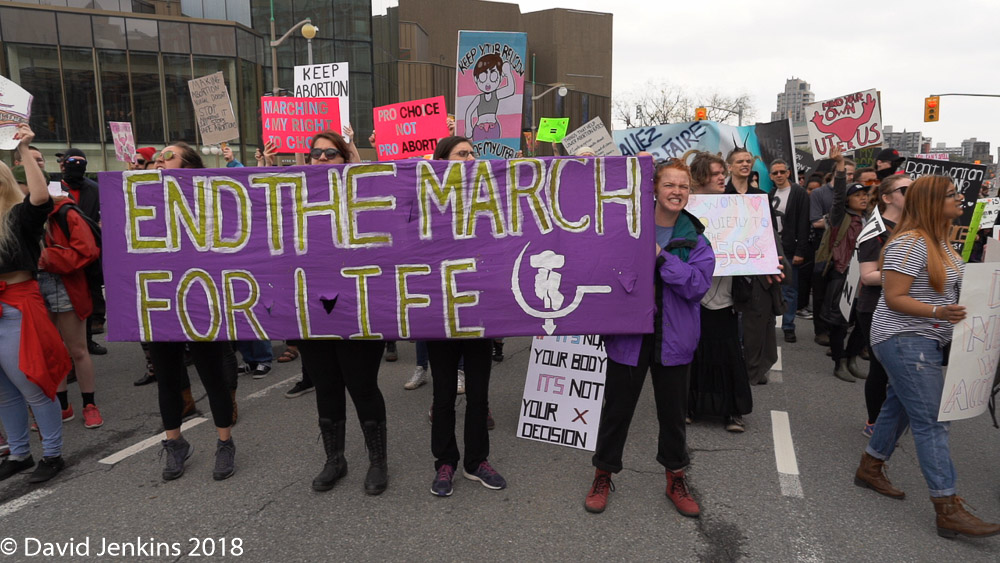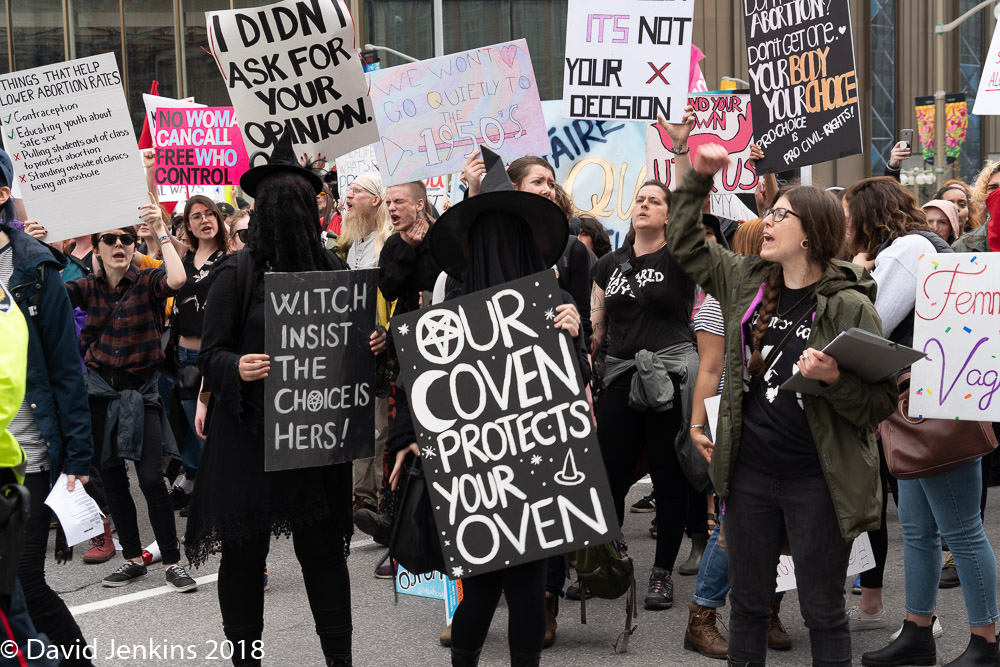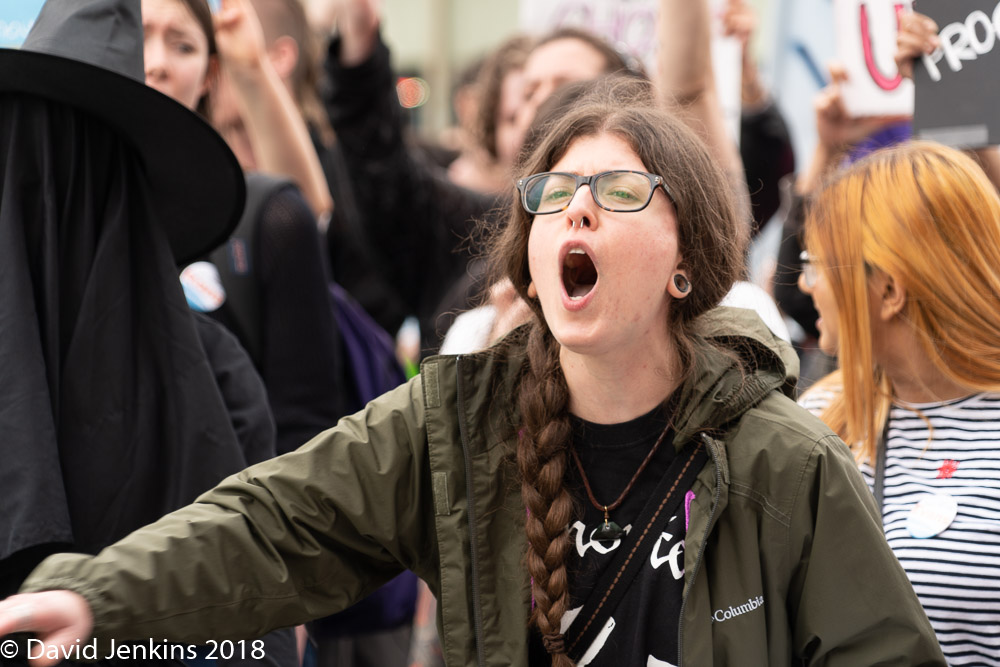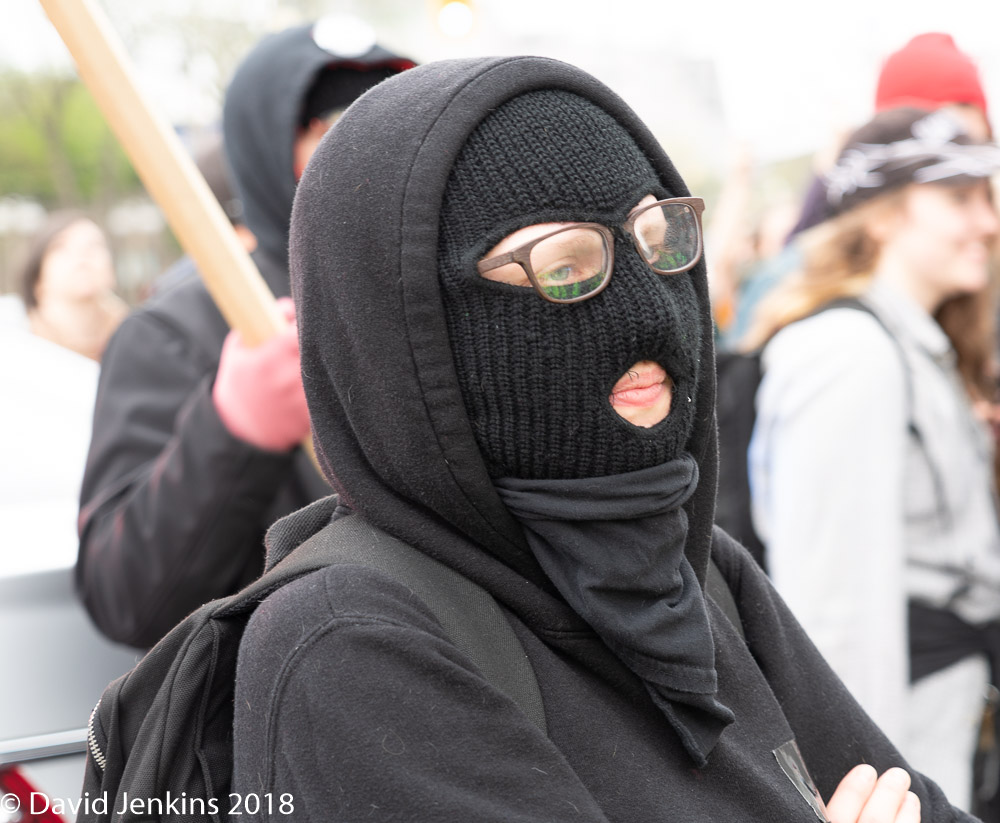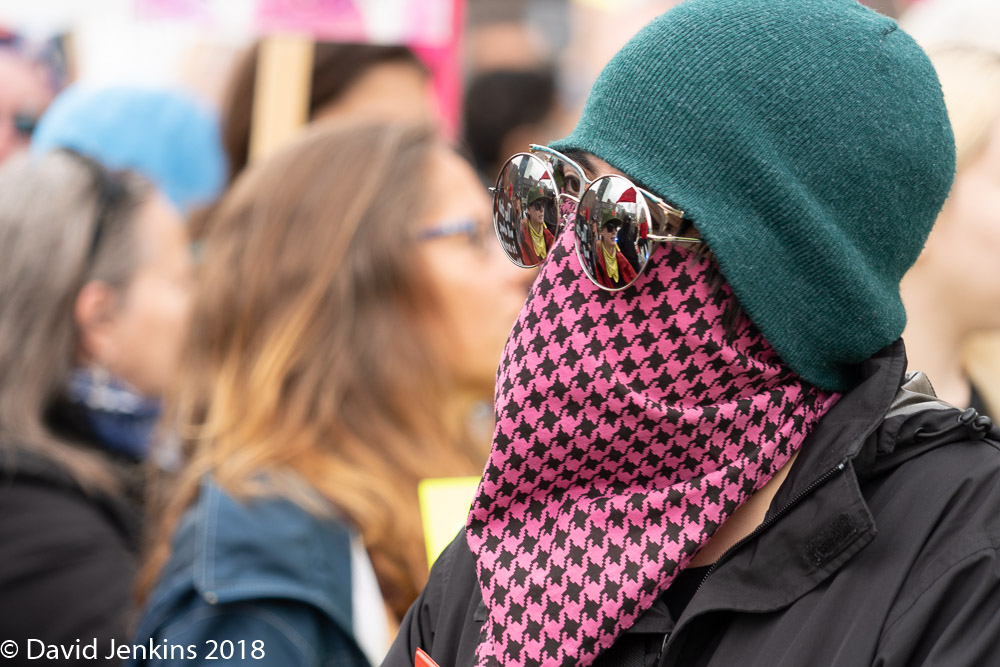Well, apart from Jennifer Andison who is not partial to binary declarations and has opted instead for a stream of consciousness analogue waffle. In Anglican parlance this is known as “spiritual discernment” after “deep listening”.
All the rest are in favour. In Anglican parlance this is known as “diversity”.
From here:
If General Synod were held today, how would you vote on the Marriage Canon amendments?
The Rt. Rev. Jennifer Andison
I have been asked these questions during the course of our Diocesan discernment process and have consistently shared the following.
I understand that the laity and clergy of the Diocese of Toronto will feel supported or disappointed by how their Bishop votes at General Synod 2019 and that how the Bishop votes matters. However, there are a number of reasons why I don’t think it is pastorally helpful to answer this first question, today, with a simple Yes or No.
First, in our Anglican polity, Bishops vote “in Synod.” Synod is where Bishops, along with laity and other clergy, make such decisions. I want to be part of what the Holy Spirit is doing in General Synod 2019, and I am not prepared to pre-judge how I will vote then, and am not “in Synod” now. As a Bishop, I take spiritual discernment seriously. At General Synod in 2019, I intend to cast my vote after completing a process of prayer, scriptural discernment, and deep listening to laity, deacons, priests and other bishops, as well as those outside of the Church. I intend to seek the mind of Christ for the Church on this issue, whether I am voting in my current capacity as Area Bishop for York-Credit Valley or as Bishop of Toronto. The Bishop of Toronto also needs to be mindful that she or he serves on a national stage, both participating in the wider discernment of the Anglican Church of Canada and also acting as a witness of Christ’s love to our culture.
Second, the current wording of the proposed amendment is increasingly unlikely to represent what will be voted on in 2019. As our Primate, Fred Hiltz, has recently made clear, there very well may be amendments to the currently proposed canon change. Some other path may also emerge before 2019 as an alternative to a Yes/No vote, a binary and legislative approach that inevitably creates winners and losers, doesn’t account for culturally different ways of making decisions across our diverse Church, and risks oversimplifying the issue at hand. Although I would not abstain from a vote in 2019, locking episcopal candidates into such binary declarations at this stage is premature and potentially divisive.
The Very Rev. Andrew Asbil
I would vote in favour of the motion.
The Rev. Canon David Harrison
I would vote in favour of the change, as I did as a member of General Synod in 2016.
The Rt. Rev. Victoria Matthews
If the General Synod was being held this week and if I had a vote as the Diocesan Bishop of Toronto, I would vote YES to affirm the amendments to the Marriage Canon. I would do so believing that every Christian is called to interpret Holy Scripture in light of all of Holy Scripture, and I believe the weight of Scripture calls to care for every human person and give special attention and love to the marginalised. Secondly, I believe there are times when the church recognises a teaching in Scripture that has always been there but which has been undervalued. It is the work of the prophet to call the church to read Scripture with fresh eyes. In Luke 2.21-40, Simeon and Anna recognise the Christ in the Temple when everyone fails to recognise the Son of God. May our beloved church have eyes to see and ears to hear.
The Rt. Rev. Kevin Robertson
Unequivocally, I would vote “Yes” to amend the Marriage Canon, just as I did in 2016.
The Rt. Rev. Riscylla Shaw
Yes.


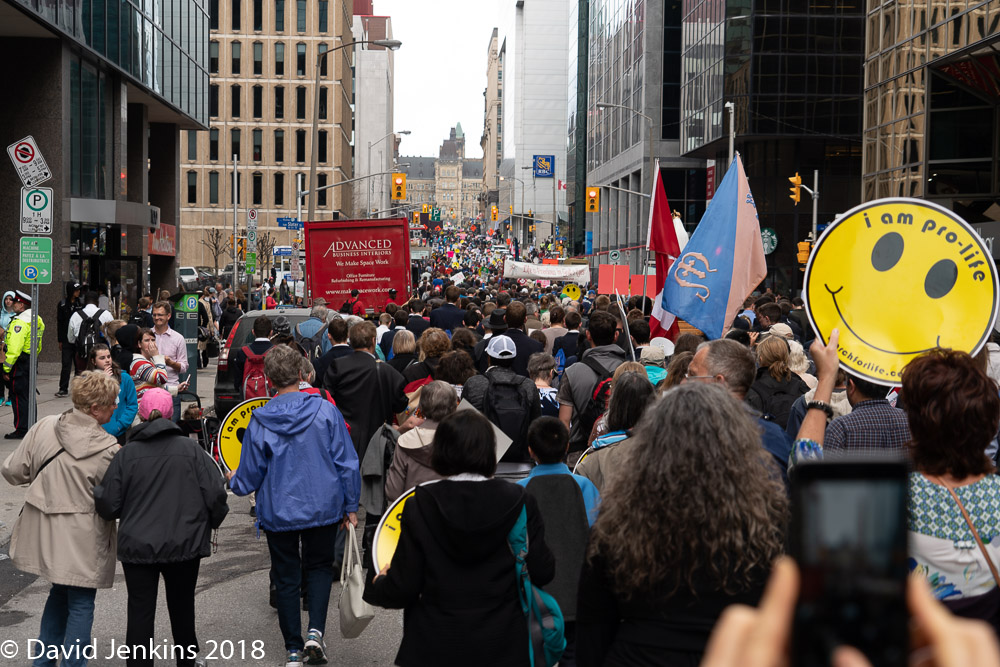

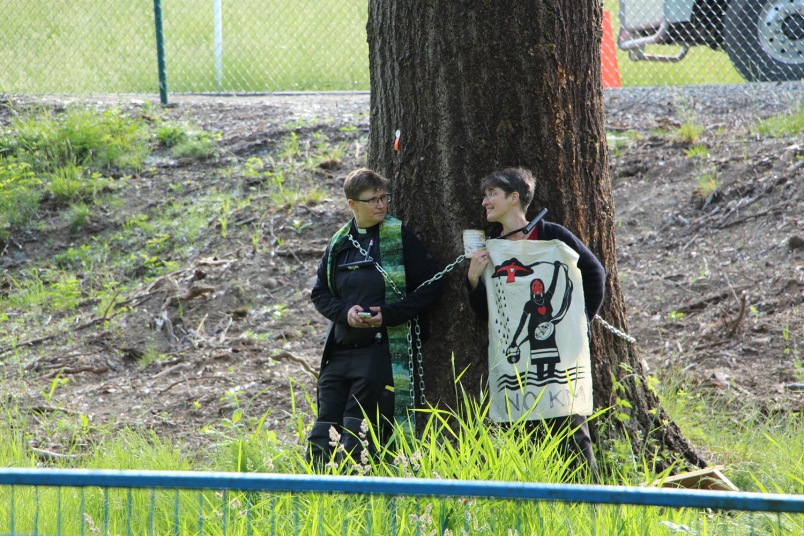
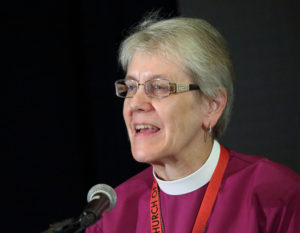 I write in support of the proposed safe injection sites being considered by Council at 441 York Street and 241 Simcoe St.
I write in support of the proposed safe injection sites being considered by Council at 441 York Street and 241 Simcoe St.
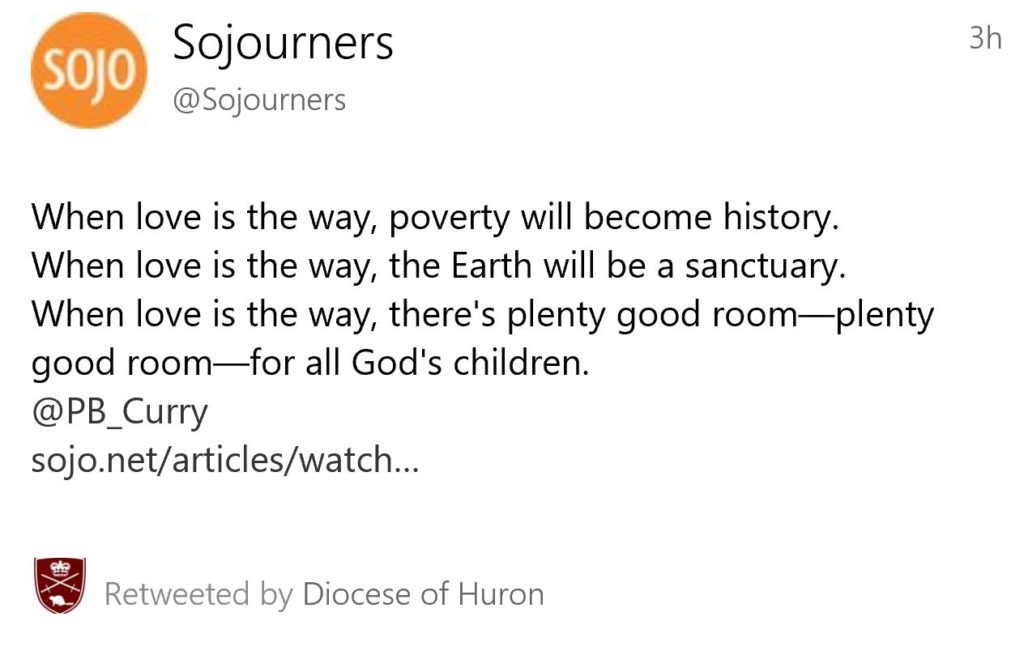
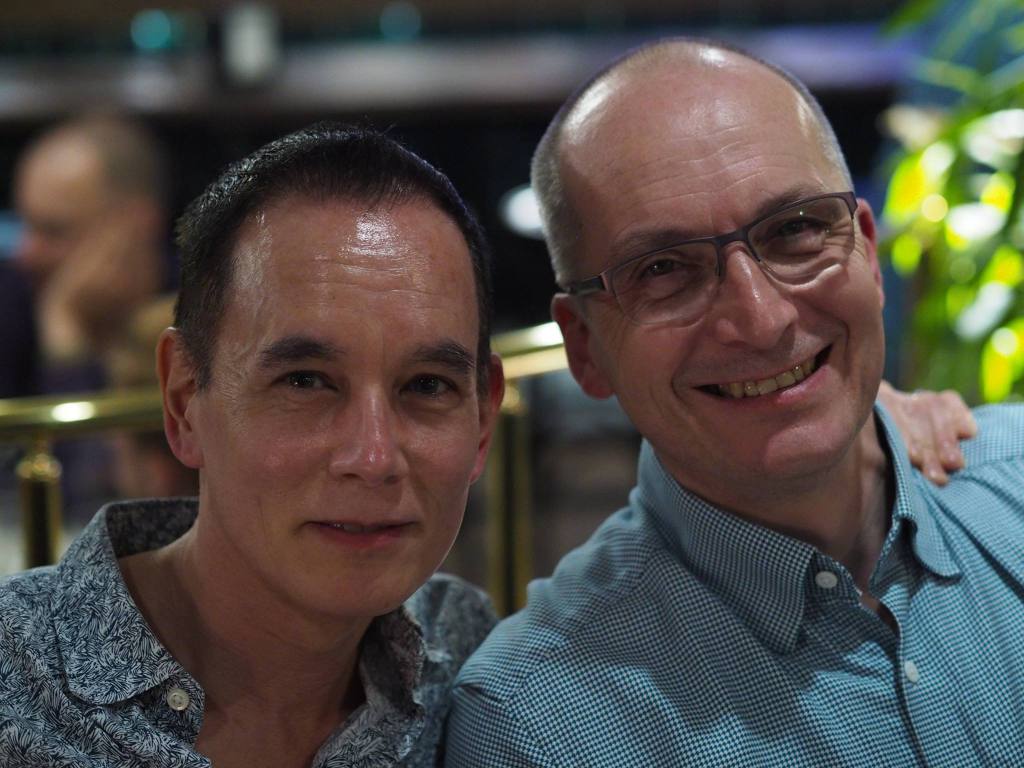
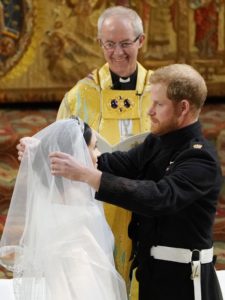 I didn’t get up early to watch the royal wedding. My wife did, though, so when I appeared, cup of tea in hand, the affair was in full swing with Justin Welby presiding over the recital of the marriage vows.
I didn’t get up early to watch the royal wedding. My wife did, though, so when I appeared, cup of tea in hand, the affair was in full swing with Justin Welby presiding over the recital of the marriage vows.